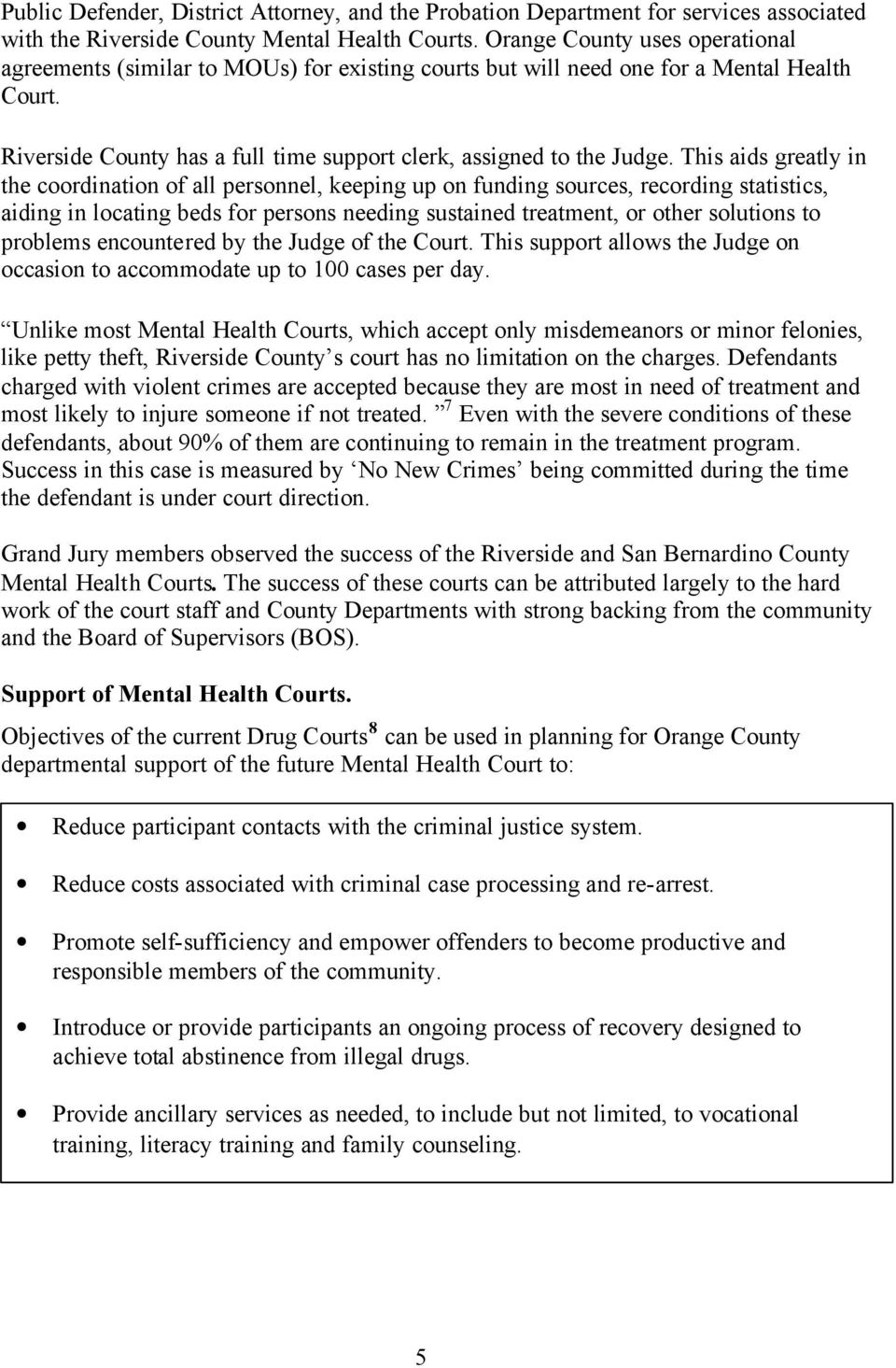Exclusionary discipline rates are significantly higher for students of color and trainees in special education classrooms. 78% of kids with depression have actually received treatment, whereas treatment for anxiety and behavioral/conduct problems was 59% and 54%, respectively. Without access to services, students with stress and anxiety are at higher risk of later establishing depression.
Kids from low income, Hispanic and African American households are less most likely to be detected and dealt with based upon restricted access to care. Predispositions connected to diagnosis of behavioral conduct issues are most widespread with African American trainees. Closing the treatment space in schools begins with more financing so that districts can bring more counselors and psychologists onboard - crucial forces for school security prior to and after traumatic events.
At Amanda Greene-Chacon's school in Oregon, lots of students never have the chance to meet with these trained experts. "There is a mental health crisis in our schools," she told The Register-Guard. "The primary and middle schools do not have sufficient numbers of mental health professionals. At the high school level, we are seeing unprecedented levels of troublesome, disrespectful and even threatening habits." Greene-Chacon, a member of the Springfield Education Association, also thinks the "the genuine issue is the way we serve our students in overcrowded class where the pressures of standardized screening have robbed teachers of their ability to offer age-appropriate instructional chances." Liz Hurt, a school nurse in Oakland, California, says the addition of nurses in schools causes quantifiably more time for teachers to educate their trainees in the classroom rather than concentrate on other needs.
Mental health experts highly believe starting early makes for better results in later years, but the absence of programs and services readily available to preschool children is glaring. "For both stress and Mental Health Delray anxiety problems and behavioral/conduct issues, treatment receipt was more typical amongst school-aged children compared to those aged three- to five-years," the report stated.
Something true for practically everybody reading this is that our daily lives as kids were specified by going to school. We found out brand-new things, good manners, and how to cope with other individuals, and we made brand-new pals. Enjoyable, right? However, nowadays, high school has taken on a whole new meaning for teenage trainees.
Just about all of us most likely understood at least one kid in school who should have an excellent lesson in manners. Well, the American Society for the Positive Care of Children has found that 28 percent of all children aged 12 to 18 have actually struggled with bullying. Bullying is a terrific problem for trainees, for it turns the school from a healthy knowing environment to a scary no-man's- land.
If a victim is physically bullied, he may fear for his instant security. Plus, alerting a instructor or adult can be scary, particularly if the bully threatens to be much more cruel if an adult is included. A young student can easily be daunted by the class bully. And if the bully turns the school into a location connected with being beaten or getting their cash or food taken, why would a kid desire to go, let alone go there to learn and work? If you walk through a high school's hall, you'll probably see a lot of drowsy students with limitless bags under their eyes.
Getting My How Instability Can Affect A Child's Mental Health To Work

When asked how they felt in school, 39 percent of the students simply responded to that they were tired - how does mental health affect school. Undoubtedly, following classes all day is hard enough without needing to wake up at 6:00 AM to capture a 6:30 bus. Contribute to that after-school activities, stress, homework, and deadlines, and you can wind up exhausted quite rapidly.
A healthy quantity of sleep for a teen in high school is actually 9.5 hours, however on average, they just get 7 - what can affect mental health.5. Not getting adequate sleep can make a teen irritable, worn out, and depressed, which results in a failure in grades. Agoraphobia can be a significant cause of panic attacks, and if we take a look at schools, they are packed with seemingly limitless masses of trainees scurrying from one class to another.
Panic attacks http://dallascsnr483.theglensecret.com/the-7-second-trick-for-how-does-music-affect-mental-health can be incredibly frightening, and undoubtedly, a trainee who frequently experiences them can not study effectively. Students struggling with panic condition are frequently sidetracked in class or brought away by their ideas, which is why they can easily be overwhelmed if overwhelmed with info. Panic attacks can likewise be spurred by the fear of an upcoming event or overthinking something, such as a test, the effects of a bad grade, and so on.
It's no marvel that more than 6 percent of teens are taking prescription psychiatric drugs. These can be for anything from anxiety to ADHD, which can trigger a student to quickly get distracted and lose track of what is occurring in class, making it terribly easy to fall back on their notes, making it more difficult to prepare for tests or projects, even more digging a hole in their grades.
This leads to them having a lower view of their intelligence compared to other students when, in reality, it is not related to their mental capacity. Typically, the issue is not associated with their intelligence but rather to an absence of motivation to keep up and pay more mindful attention.
Grades are scary, and school is more difficult than ever. How much better to evaluate students than to put them through a series of stressful tests that may or may not specify their future? Well, let's take a look at how lots of trainees aged 13 to 18 report having test anxiety: 25 percent.
It just gets even worse after that because of the value American high schools offer to grades and results. If a student fails their last tests, it can have effects for their higher education and eventually their profession. When such an emphasis is placed on a test, so easy to fail if we get the responses incorrect, it's only regular to be stressed.
About How Dramatic Changes Affect Mental Health
Simply since one student has better memory than another, it does not define his intelligence. Trainees can be exposed Rehabilitation Center to a good deal of uneasy circumstances in high school, such as deadlines, social relationships, fear of failure, and so on. The overwhelming quantity of things trainees have to think about, keep in mind, and hand in is simply scary.
Tension makes it extremely hard to work, handle school, and have healthy social relationships, which we typically forget is critical to a kid's advancement. In many methods, the difficulties that face students in high school only make matters worse, with social relations at school being more and more difficult and many subjects needing oral discussions.
And, let's be sincere, even for those who do not already suffer from anxiety, speaking in front of a crowd is not constantly easy (how does nutrition affect mental health). Being a teenager is hard enough without needing to face difficult times at school; it can result in a trainee sensation sadder and sadder for weeks and even months.

They remove themselves a growing number of from school, the teachers, whatever, hindering their psychological health and, of course, their grades. The exhaustion frequently felt by teenagers at school only makes matters worse. As numerous as one teen out of 5 experiences anxiety prior to getting in the adult years. In extreme cases, depression may cause self-harm or even suicide.